
Get upto 50% off in New Year Offer

Get upto 50% off in New Year Offer
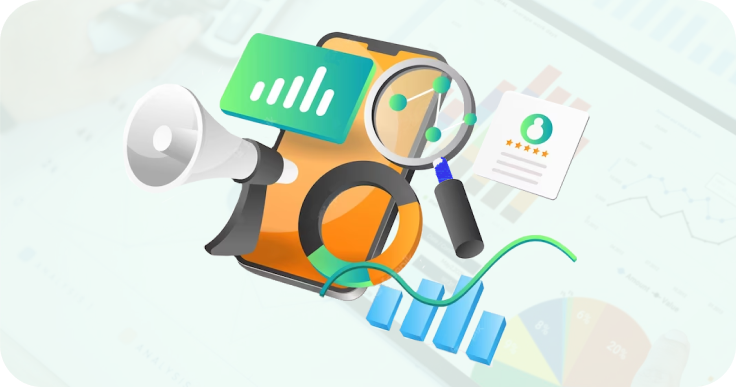
In this comprehensive article, we will explore the world of data-driven marketing strategies, leveraging the latest information and statistics to provide you with actionable insights.
In today’s digital age, data is often considered the new oil. For marketers, this means that a treasure trove of information is readily available to inform and improve marketing strategies. Data-driven marketing has become not just a buzzword, but a crucial component of successful campaigns.
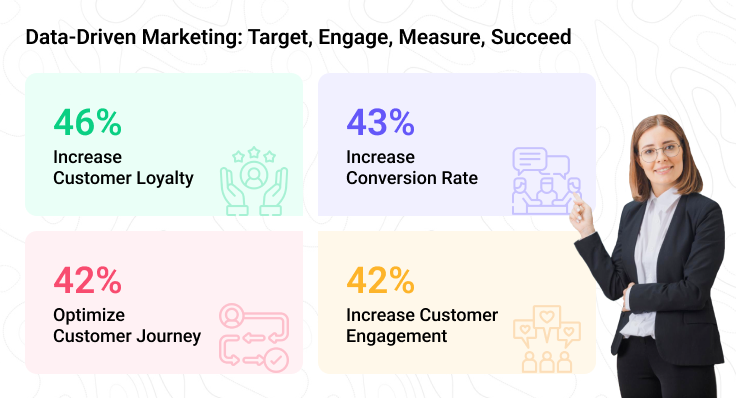
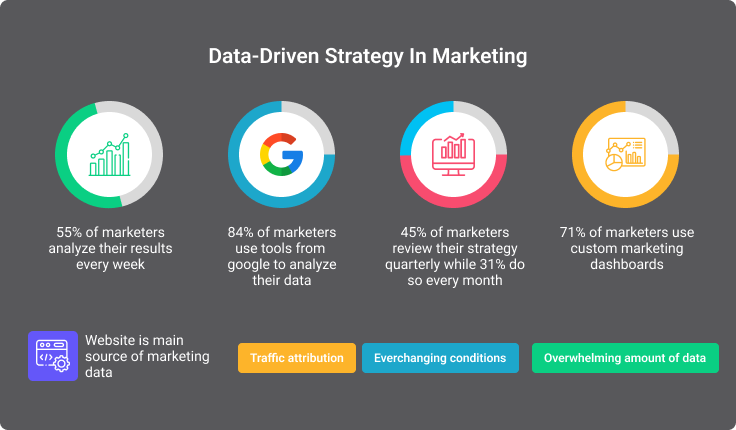
Data-driven marketing refers to the process of making informed decisions and optimizing marketing activities based on data and analytics. It involves collecting, analyzing, besides interpreting data to comprehend customer behavior, preferences, and trends. Unleash the Power of Data-Driven Marketing.
Recent statistics highlight the significance of data-driven marketing strategies:
Marketers can collect data from various sources, including websites, social media, customer surveys, and sales transactions. Data types include demographic, behavioral, and transactiona data.
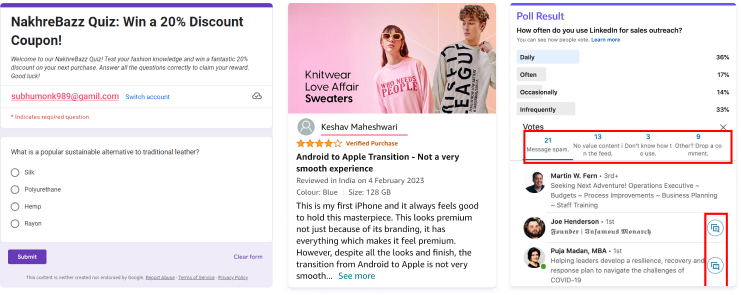
Inaccurate data can lead to poor marketing decisions. On average, organizations believe that 25% of their data is inaccurate.
With the implementation of regulations like GDPR and CCPA, ensuring data privacy and compliance is crucial. In fact, 86% of consumers say they are concerned about data privacy.
Content Calendar Management is simplified with monthly calendars that eliminate the need for scattered Excel sheets. Users can easily organize published and unpublished content, apply filters based on campaigns and users, and generate monthly performance reports to track success and areas for improvement.
Campaign Management becomes seamless as ManagePlus allows you to group different campaign materials together. This feature ensures that you stay active on all fronts, from Demand Generation to HR Support, and enables easy tracking through content grouping and campaign-based reports.
Marketing analytics tools like Google Analytics, Adobe Analytics, and HubSpot provide valuable insights. Google Analytics is used by over 50 million websites worldwide.

Common marketing KPIs include conversion rate, customer acquisition cost (CAC), and customer lifetime value (CLV).
Segmentation allows for targeted marketing. Marketers who use segmented campaigns note a 760% increase in revenue).
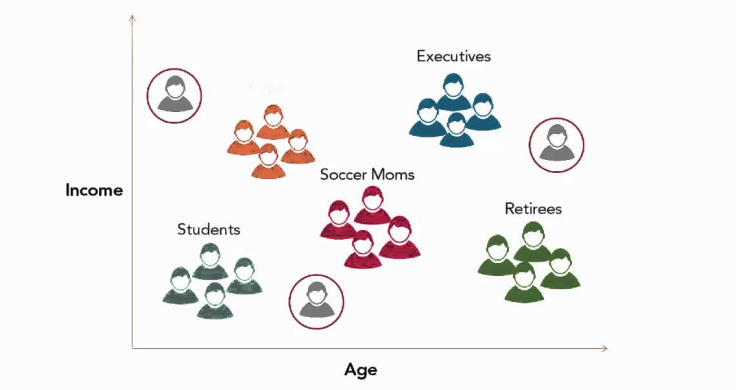
80% of consumers are more likely to do business with a company that offers personalized experiences

Dynamic content can increase click-through rates by up to 73%.
Task Management is optimized for marketing pipelines, offering auto assignment rules, task grouping based on roles, default user settings, and task reminders. Unlike general project management tools, ManagePlus provides insights into the performance of completed tasks, ensuring a more informed workflow.
The Idea Repository feature helps you capture marketing inspirations at any time, keeping them organized on an actionable board. Users can discuss ideas, present them to stakeholders for review, and enhance clarity by adding notes, attachments, and references
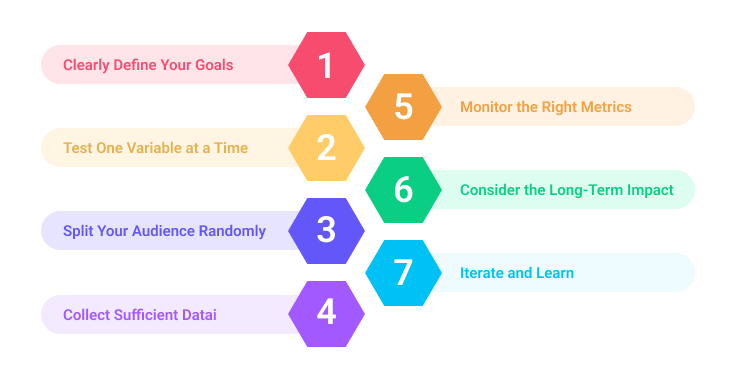
A/B testing involves comparation of two versions of a webpage or email to regulate which performs better.
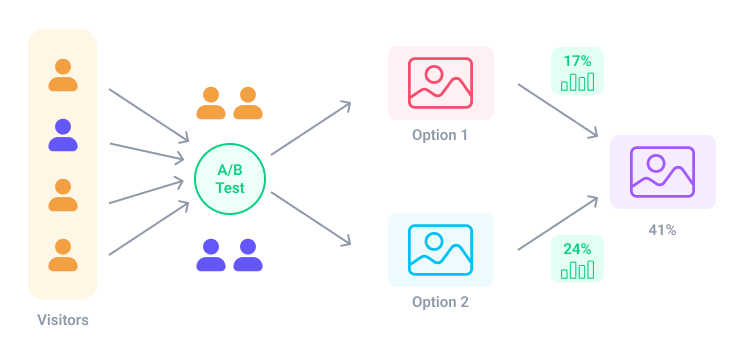
Booking.com increased conversions by 20% through A/B testing (VWO).
Predictive analytics uses historical data and machine learning to forecast future trends and outcomes.
70% of marketers use predictive analytics for lead scoring and generation
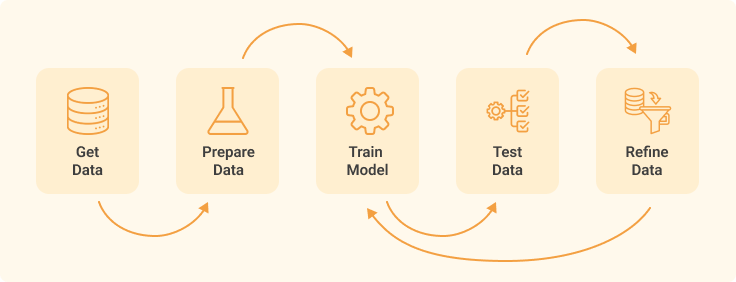
Marketing uses predictive analytics to increase customer retention rates by 10%.
Marketing automation can lead to a 14.5% increase in sales productivity..
55% of marketers plan to increase their budget for AI in 2023.
Chatbots, recommendation engines, and AI-driven content optimization are becoming commonplace.

![]()
21% of marketers say they cannot measure ROI effectively
Attribution models like linear, time decay, and algorithmic attribution help distribute credit for conversions.
Marketers using data analytics are 39% more likely to see an improvement in ROI (Dresner Advisory Services).

Task Management is optimized for marketing pipelines, offering auto assignment rules, task grouping based on roles, default user settings, and task reminders. Unlike general project management tools, ManagePlus provides insights into the performance of completed tasks, ensuring a more informed workflow.
The Idea Repository feature helps you capture marketing inspirations at any time, keeping them organized on an actionable board. Users can discuss ideas, present them to stakeholders for review, and enhance clarity by adding notes, attachments, and references.
The GDPR requires companies to obtain explicit consent for data usage, leading to increased consumer awareness of data rights.

Transparency builds trust. 56% of consumers say they would be more likely to share data if companies were more transparent.
59% of organizations say GDPR compliance has positively impacted their data quality.
68% of organizations say big data is essential for their digital transformation efforts (Forrester Research).
Voice search is predicted to comprise 50% of all searches by 2023.
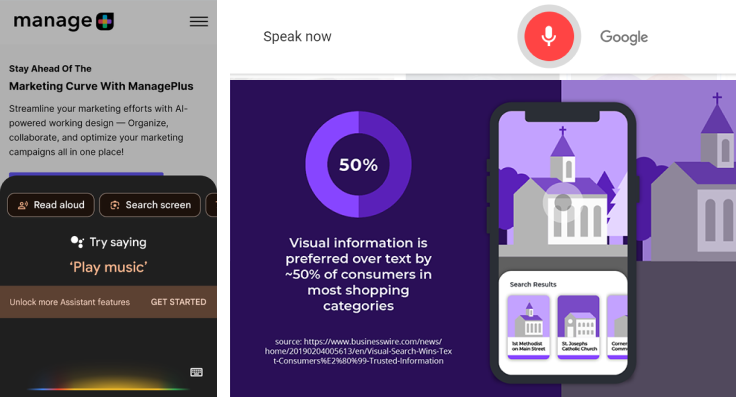
Advancements in AI will continue to drive personalization and automation in marketing.
Performance Reporting is a key aspect of ManagePlus, providing access to team and content performance metrics. Identify high-performing content, assess team efficiency, and gain insights into campaign performance. The platform allows users to add notes, attachments, and references for enhanced clarity.
Custom Workflow & Approval feature addresses the challenge of slow content releases due to disparate approval processes. ManagePlus enables the creation of custom approval workflows, including steps such as Legal Approval, SEO Approval, and Branding Approval directly within the platform. Auto assignment rules and customizable steps further enhance the efficiency of the approval process.
In conclusion, data-driven marketing is not just a trend; it’s the present and future of effective marketing strategies. The statistics and insights presented in this article emphasize the importance of collecting, analyzing, and leveraging data to drive marketing success.

Streamline your marketing efforts with AI-powered working design — Organize, collaborate, and optimize your marketing campaigns all in one place!

Join now to shape the future of MangePlus
Don’t miss out